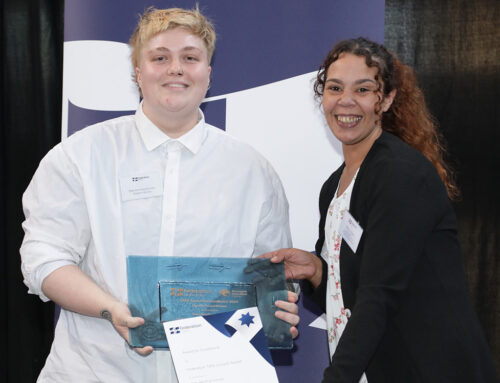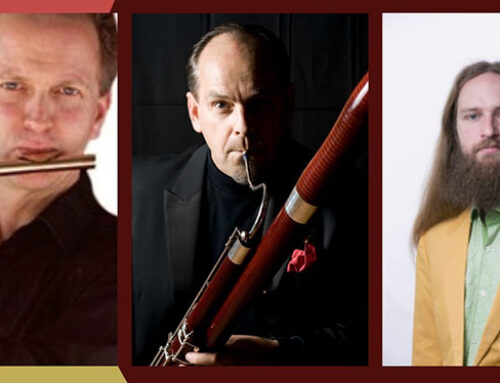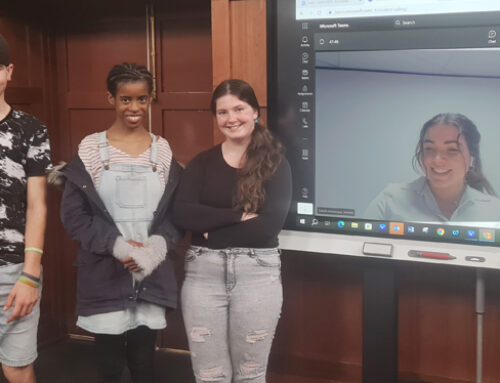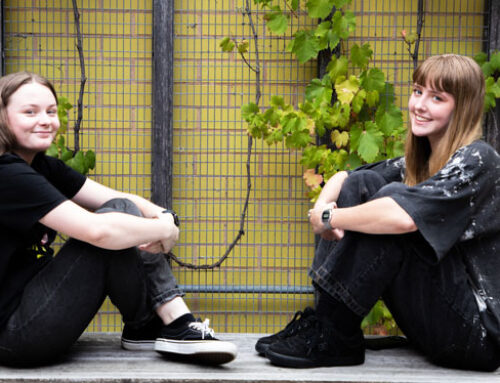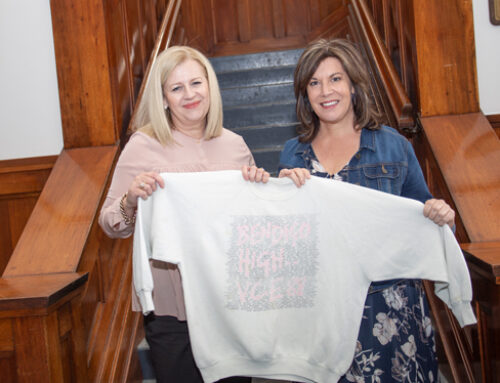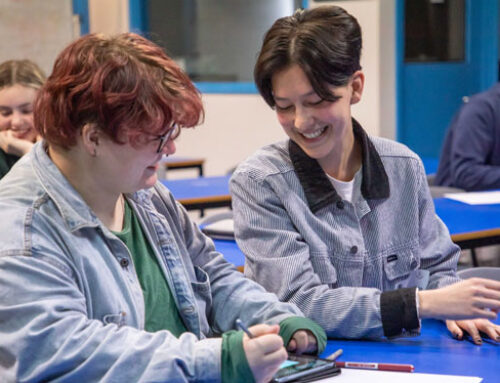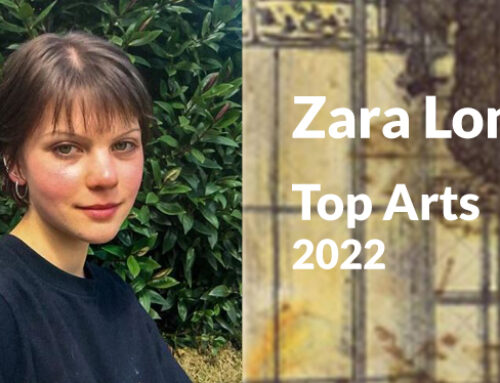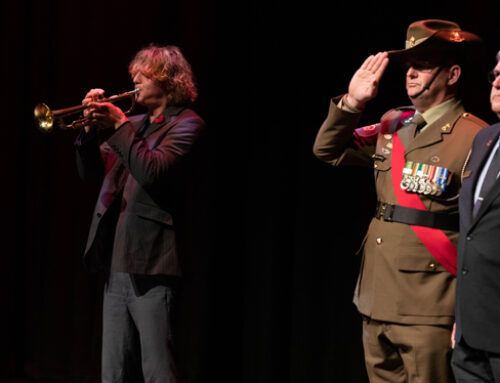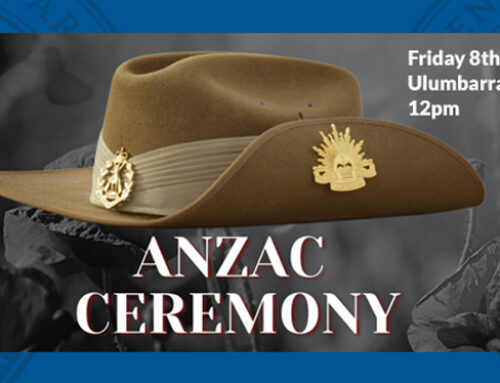She was part of efforts that brought local history into academic acceptance and has helped countless amateur sleuths comb their family trees.
Now, former Bendigo Senior Secondary College student, Michele Matthews, is retiring from the Bendigo Regional Archives Centre.
While Dr Matthews is looking forward to spending more time with her grandchildren, she has no plans to give up her passion for history.
In the coming year Dr Matthews plans to travel to Germany to research her family memoir, work on journal articles and offer her expertise through consultation work.
She also plans to return to writing a biography of local Sir John Quick, who helped shape the nation’s constitution.
For Dr Matthews, history is a bridge linking the past to the present. She said without knowing your own past, or that of your city or region, it would be more difficult to understand where you were today.
During her career she had seen local history take on a greater value.
In the 1980s local history was not mentioned in her classes, even though Melbourne University had the foremost history department in the country.
Dr Matthews said in the 1980s local history was not mentioned in her classes, even though Melbourne University had the foremost history department in the country.
She said a rising interest in family history and academic historians’ shifting perspectives played some part.
“And in some ways it was due to younger historians who were coming up,” she said.
Dr Matthews’ honours thesis focused on Bendigo’s contribution to Australia’s Federation and her Masters thesis focused Sir John Quick.
She has been with BRAC since it first opened in the late 2000s.
“You don’t get a lot of opportunities to build an organisation up from scratch,” she said. “So I took it as a compliment that I was one of the two original staff chosen and given this responsibility.
Dr Matthews relished her role as a caretaker of such historically significant documents for Bendigo and district.
“They tell a story of the city’s evolution from 1856 right on through to the 1990s,” she said.
Working at BRAC provided an opportunity to delve into those records and share stories.
Dr Matthews was often contacted by people from out of town, sometimes from other countries working on family histories.
“They might want me to find their great-great grandfather in a record if I can,” she said.
One of her greatest joys has been seeing the looks on people’s faces when a breakthrough is made.
“There’s excitement, in a lot of cases, when they find something out about a relative that they thought had never been reported anywhere, and they didn’t expect to find,” Dr Matthew said. “I get nearly as excited as them.”
In her favourite story, she recounts being contacted by a Western Australian woman who had spent 20 years searching for information on a missing great-grandmother.
“She emailed me to say ‘I’m coming over, I have a hunch because I found some documents from North Melbourne that have been digitised’,” Dr Matthews said.
The document said that the great-grandmother had been a ward of the state and at one point had appeared in a Sandhurst court.
“We have those old court records, so I lined them up and the woman was able to read them. She was nearly crying, and I must admit I was nearly crying too,” Dr Matthews said.
“I’ve got to take my hat off to a person like that, who doesn’t give up for 20 years.”
Tom O’Callaghan – Bendigo Advertiser


